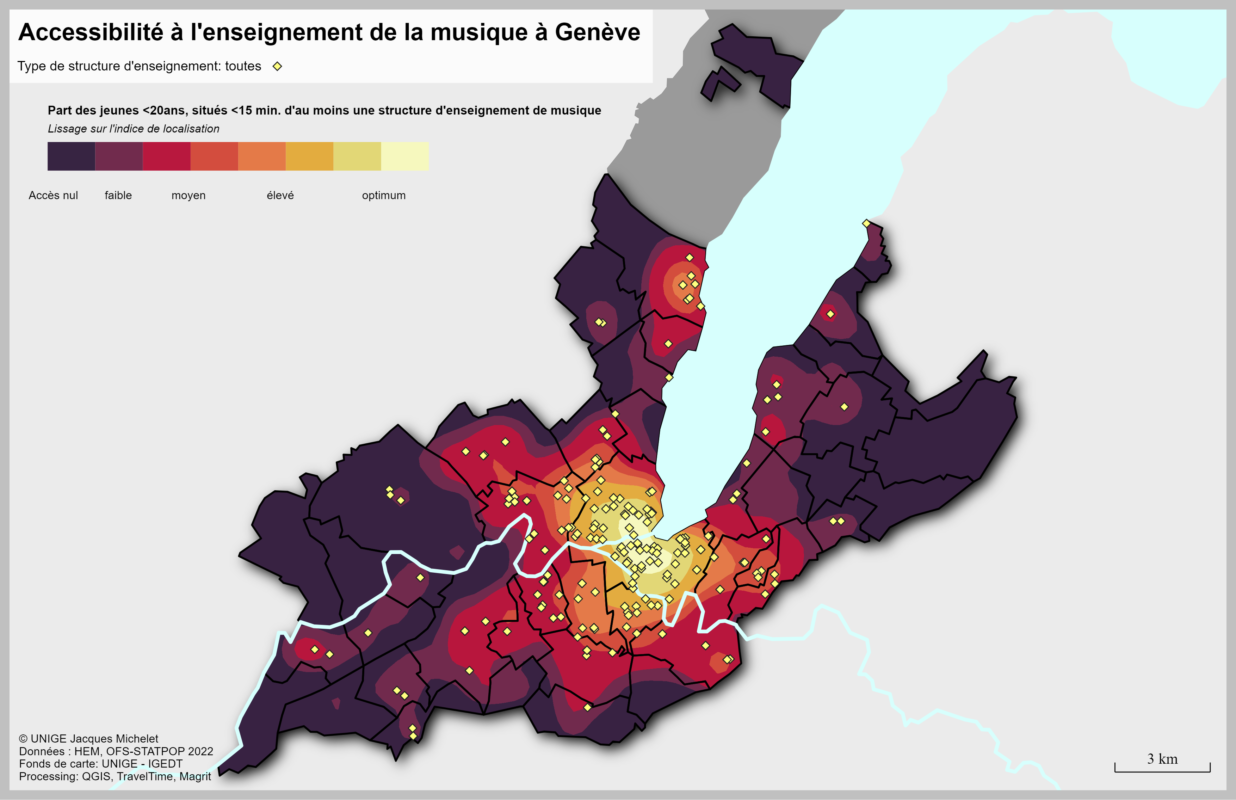Educational and interpretative activities (api)
Listening to music in higher education.
A research project carried out at the HEMU - Haute École de Musique, and deployed across two Hautes Écoles de Musique in French-speaking Switzerland (HEMU and HEM Genève), API explores the musical listening activities of renowned artistic and pedagogical personalities and of students in the process of professionalizing their careers. Four teachers (Ophélie Gaillard, Virginie Robillard, Pierre-Stéphane Meugé and Cédric Pescia) and nine of their students took part. Based both on the transmission of knowledge (theoretical and experiential) and on creative expression, the objectives of the professional-level instrument course reveal a paradox: on the one hand, the teacher must embody a model while fostering the student's artistic autonomy. On the other, the student develops knowledge and mastery in the tradition of his or her teacher, while seeking to emancipate him or herself to assert his or her own interpretative conceptions.
A methodology focused on activity analysis and the primacy of the actor
The aim of the API project is to document the listening activity of the teacher and the student during an individual instrument lesson, in order to develop listening skills in both of them, an experiential breeding ground conducive to the emergence of the new based on the transformation of the existing.
To this end, the API research consisted of a first stage in which nine courses were filmed. Secondly, teachers and students took part in individual self-confrontation interviews. Faced with the traces of their activity (in this case, the recording of the lesson), each subject was invited to explain their actions, private discourse, interpretations, preoccupations, focus, perceptions, expectations and the knowledge they had mobilized and constructed.
Characteristics of the musical listening activity in an educational situation
Three characteristics define musical listening. The first, expectancy, defines the gap between expectation and perception, navigating from predictability to surprise. The second, granularity, embodies listening engagement, ranging from hyper-listening to global listening. The third, reliance, represents the degree of similarity in interpretative conception, ranging from adherence to divergence. The API project also highlighted the fact that the actor undertakes a process of inquiry, enabling him or her to identify, locate, compare, prioritize, evacuate and project.
In the footsteps of API
The elements highlighted by the API project suggest avenues for initial training of students and continuing education of teachers. API has enabled us to experiment with a relevant training prototype, inviting everyone to be surprised by their own activity. With this in mind, the self-confrontation device was implemented at the HEMU as part of the reflective practice teaching unit taken by Master of Pedagogy students. Students are invited to construct their own narrative based on what seems relevant to them during the activity. Confronting their own traces enables them to give an account and make themselves accountable. In the field of non-professional teaching, the "evaluate differently" system is being tested at the Conservatoire populaire de musique danse et théâtre with the student-teacher-jury trinomial. Through the use of video and work on prioritizing listening criteria, students are encouraged to develop their musical listening skills.
Video of the API research project - PEDAGOGY & INTERPRETATION








